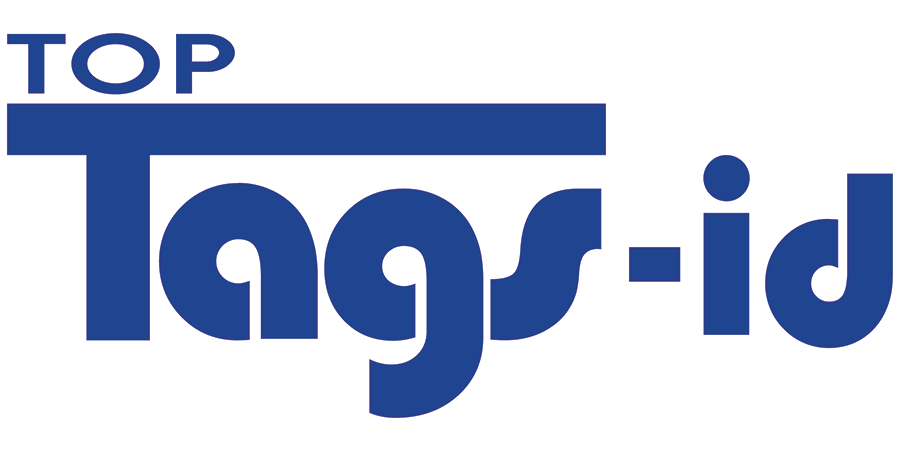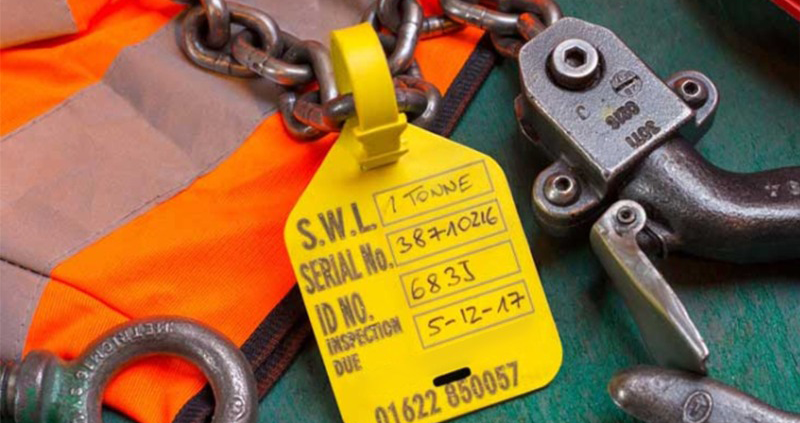Understanding LOLER Compliance Testing
In today’s industrial environment, safety is paramount. The Lifting Operations and Lifting Equipment Regulations (LOLER) is a crucial framework that ensures the safe use of lifting equipment across various sectors. Compliance with LOLER is not just a legal obligation; it is a commitment to protecting workers and maintaining operational integrity. In this article, we will discuss the importance of LOLER compliance testing, what it involves, and how our tagging solutions—particularly the EasiTag and Large Plant Tag range—are perfectly designed to help businesses meet these regulations.
What is LOLER Compliance Testing?
LOLER was introduced in 1998 in the UK and mandates that all lifting operations and equipment must be properly maintained, inspected, and tested. The key elements of LOLER compliance testing include:
- Regular Inspections: Lifting equipment must undergo thorough inspections at specified intervals to identify any wear and tear or potential failures.
- Load Testing: Equipment should be tested to ensure it can safely lift its maximum load.
- Record Keeping: All inspections and tests must be documented to provide a clear record of compliance.
- Certification: Equipment that meets the necessary standards must be certified and tagged accordingly to demonstrate compliance.
Why is LOLER Compliance Important?
Worker Safety: The primary goal of LOLER is to protect employees from accidents and injuries caused by faulty lifting equipment. Adhering to these regulations reduces workplace hazards significantly.
- Legal Obligations: Non-compliance can lead to hefty fines, legal actions, and damage to reputation. Organisations must ensure they meet LOLER standards to avoid these repercussions.
- Operational Efficiency: Regular inspections and maintenance of lifting equipment can prevent unexpected breakdowns, ensuring smooth operations and reducing downtime.
- Insurance Coverage: Compliance with LOLER can also impact insurance policies. Non-compliance may lead to claims being denied in the event of an accident.
The Role of Tags in LOLER Compliance
Tags play a critical role in ensuring that lifting equipment is compliant with LOLER regulations. They provide essential information at a glance and help facilitate inspections and maintenance. Here’s how our products can assist in achieving LOLER compliance:
- EasiTag Range: Our EasiTag range is designed for quick identification and easy application. These tags can be attached directly to lifting equipment, ensuring that they are easily visible to operators and maintenance personnel. Each tag includes vital information such as the date of the last inspection, the next due date, and any specific notes on the equipment’s condition. This instant accessibility to information ensures compliance checks are more efficient.
- Large Plant Tag Range: For larger equipment, our Large Plant Tag range offers durable and – weather-resistant tags suitable for various environments. These tags are designed to withstand harsh conditions, ensuring longevity and reliability. They serve a similar purpose to EasiTags, providing clear instructions and inspection details that help maintain compliance with LOLER regulations.
Conclusion
Compliance with LOLER regulations is essential for maintaining a safe working environment, ensuring legal adherence, and promoting operational efficiency. By using the right tagging solutions, such as the EasiTag and Large Plant Tag range, businesses can streamline their compliance processes and enhance safety protocols.
At Industrial Tags, we are committed to providing high-quality, durable tags that assist in meeting LOLER requirements.
Visit our online store today to explore our range of products designed to support your compliance efforts and promote a safer workplace.



